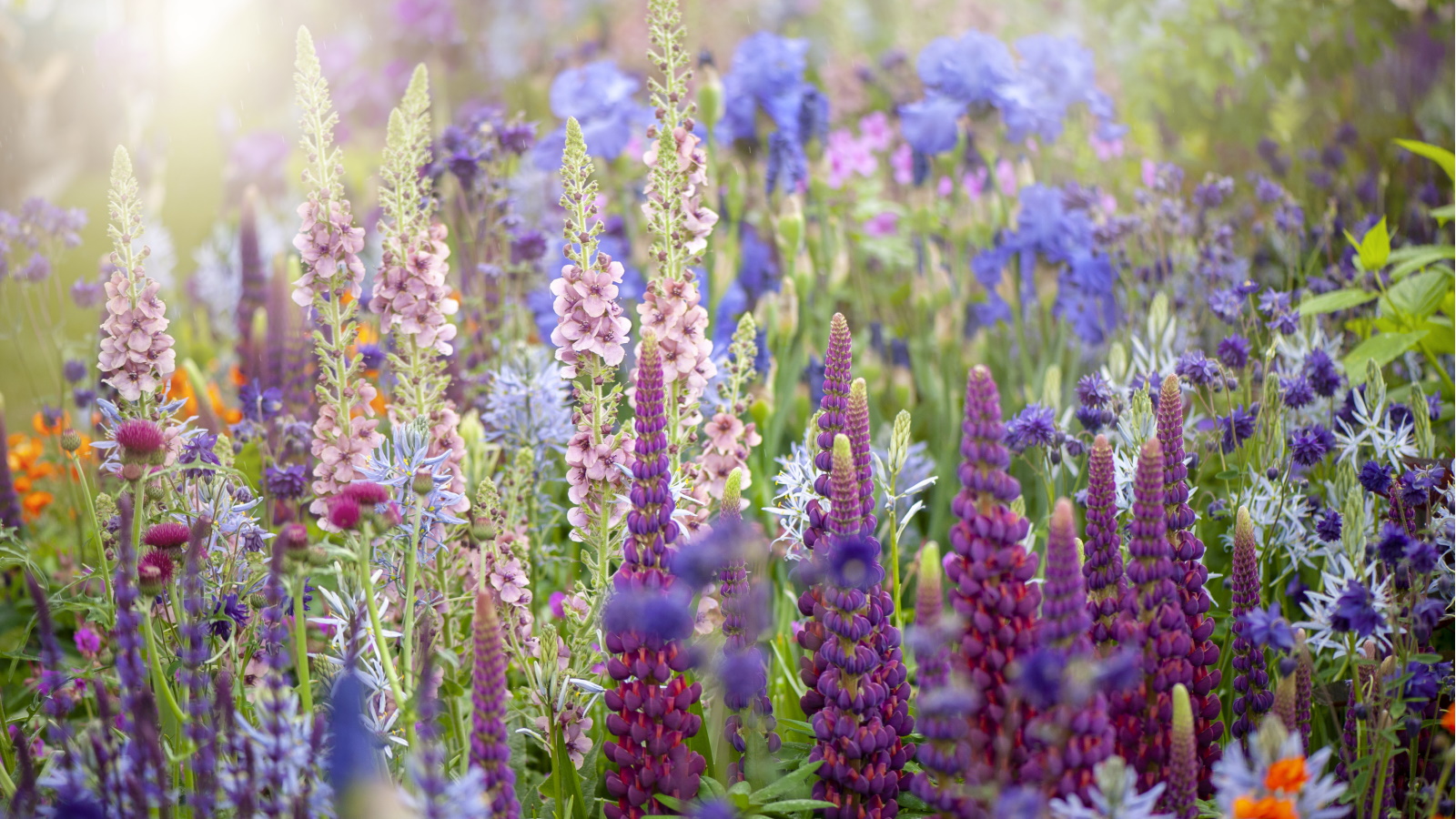
Soil health is sometimes overlooked when we're caught up in the excitement of growing new and beautiful plants, which is what makes World Soil Day on 5 December all the more important. Every year this internationally celebrated day gives us the opportunity to learn more about sustainable soil management and share ways to improve soil quality.
If you can't figure out the reason your plants aren't growing well, it might just be that you need to assess your soil health. Nutrient deficiencies, poor drainage and issues of mold are just some of the problems that could be happening in your soil, but don't fret. There are lots of ways to give your soil a boost and we have the easiest solution: grow plants that improve soil quality.
No matter what soil type you have in your yard, there are certain plants that will benefit your soil by boosting nutrients, reduce compaction and deter pests. Here, we've put together five of the best plants that improve soil quality for you to get started with.
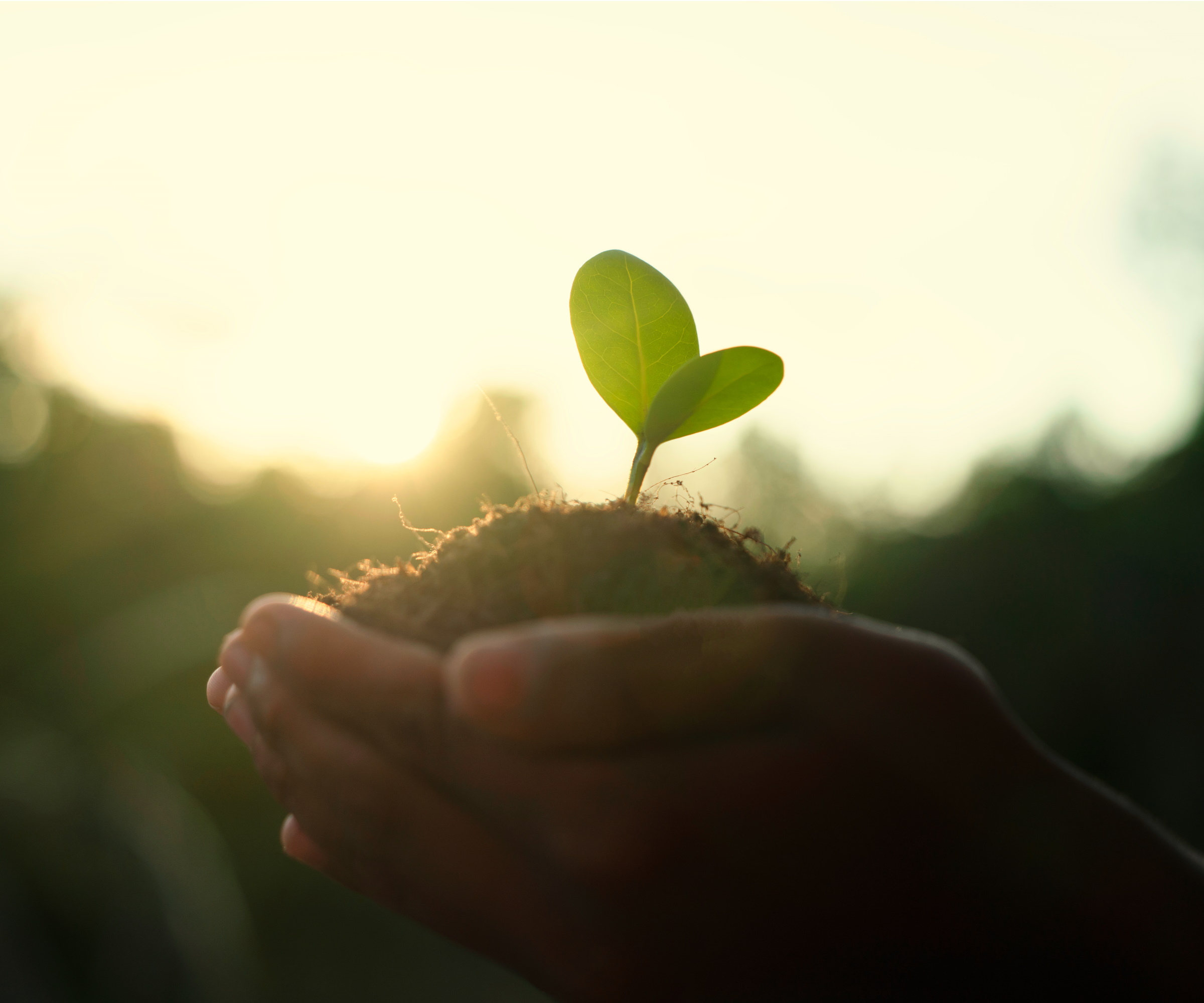
5 plants that improve soil quality
Before rushing to get these plants in the ground, bear in mind different plants thrive in different types of soil. Always research the type of soil you have and its pH level to determine whether your plants will grow well there. This soil test kit from Amazon can help you understand your soil better, including the current state of its health.
'Healthy soil is alive, dynamic, and interconnected - a teaspoon of healthy soil contains more microorganisms than there are people on Earth,' says Valeria Nyman, gardening expert from gardening app Taim.io.
'Poor soil, by contrast, is effectively a ghost town. Without care, it erodes, compacts, and loses the ability to support crops. Improving soil helps build resilience and will help feed future generations,' she adds.
With this in mind and a better understanding of your soil, you can try growing some of the best plants that improve soil quality:
1. Wild lupine
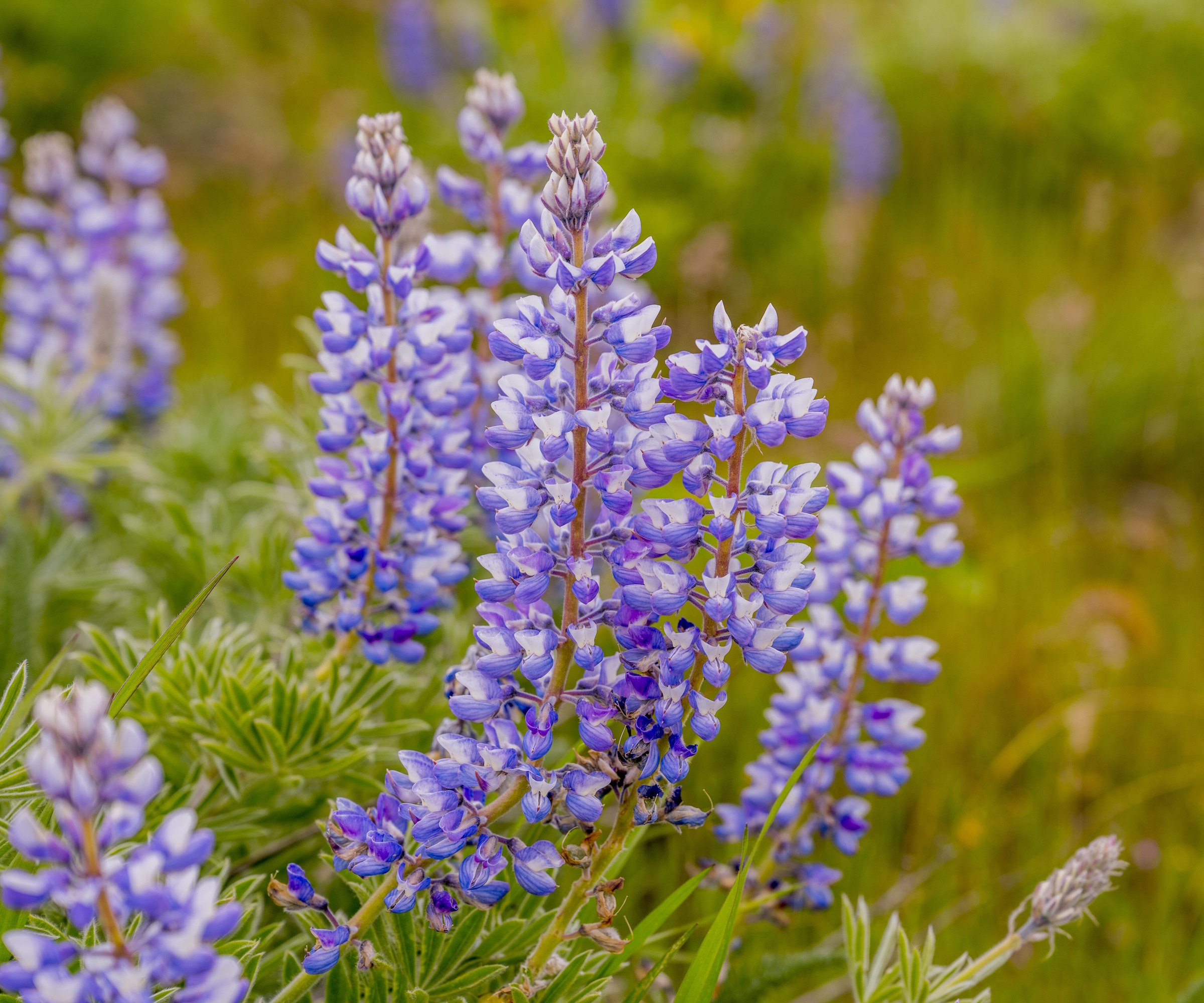
- US hardiness zone: 3-8
- Soil type: Loam, sand
- Soil pH: Neutral-acidic
If you love cottage gardens or want to introduce more cottage garden plants into your yard, you'll be pleased to know wild lupines (Lupinus perennis) do plenty for soil.
'Lupines are nature’s nitrogen factories. They partner with bacteria to fix nitrogen in the soil, making it available for other plants,' explains Valeria.
Nitrogen helps plants with a number of plant processes, especially vegetative growth. A deficiency of nitrogen might look like slow growth and discoloring foliage.
'I once planted wild lupine in a corner of my yard where nothing thrived, and within a year, it became the lushest spot in the garden,' says Valeria. 'A bonus: their deep roots also break up compacted soil,' she adds.
You can also easily propagate lupines from cuttings, seeds and through division, so you can grow them throughout your yard to benefit your soil.
Find a wild lupine plant at Nature Hills.
2. Borage
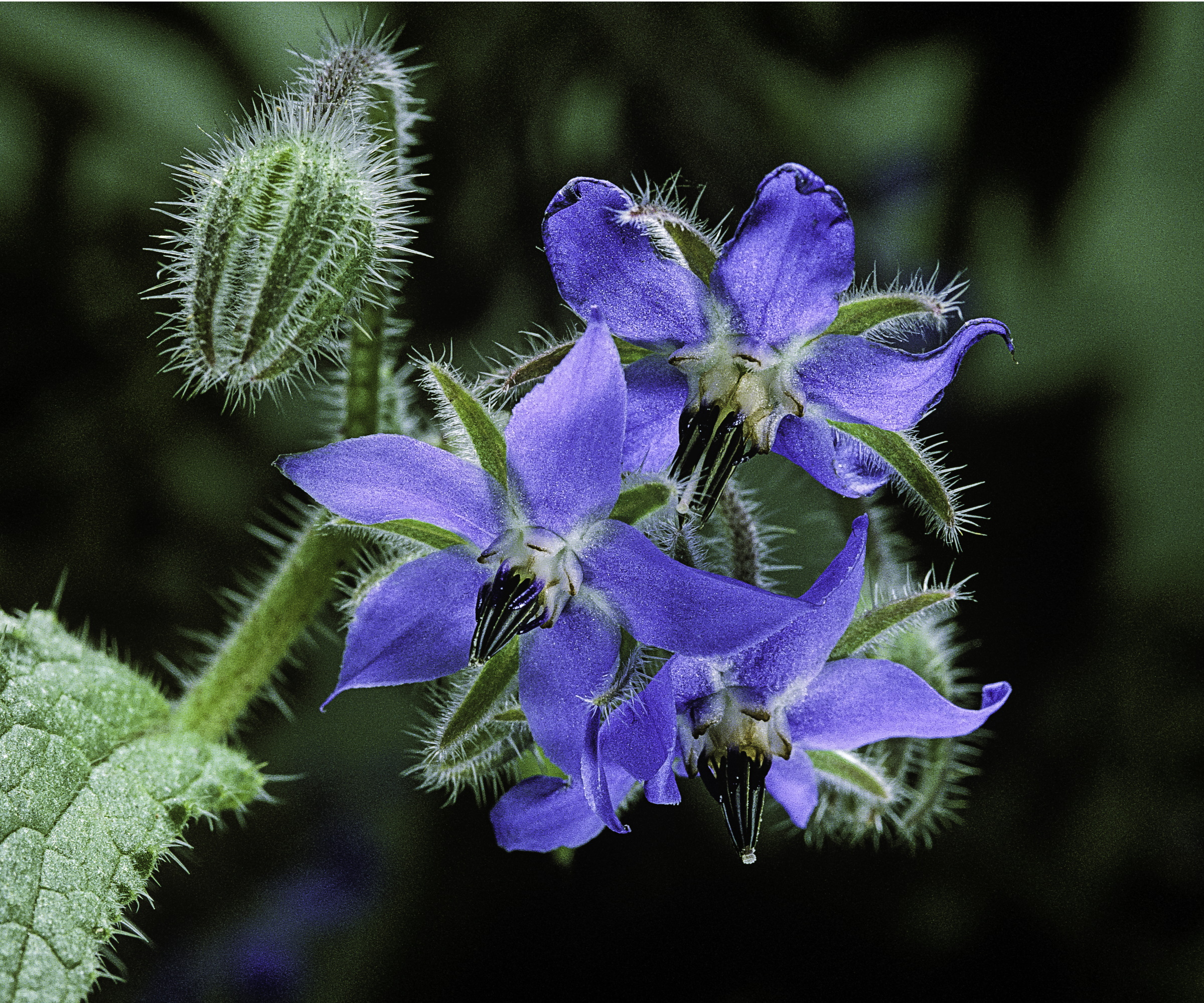
- US hardiness zone: 2-11
- Soil type: Chalk, clay, loam, sand
- Soil pH: Acid, alkaline, neutral
You might know borage (Borago officinalis) as a herb garden plant with a slight cucumber taste. It can also be found among wildflower gardens for its bright, blue blooms.
'It's leaves are rich in nutrients, and when they break down, they feed the soil,' explains Valeria. 'Bees love them, too, which boosts pollination for neighboring plants,' she adds.
As Valeria points out, this plant for pollinators is valuable to gardens in multiple ways. It releases multiple essential nutrients for plant growth into soil, including calcium and potassium.
'Plus, borage is a plant for poor soil, making it a fantastic pioneer plant,' Valeria notes.
You can grow borage from these borage seeds available at Amazon.
3. Marigold
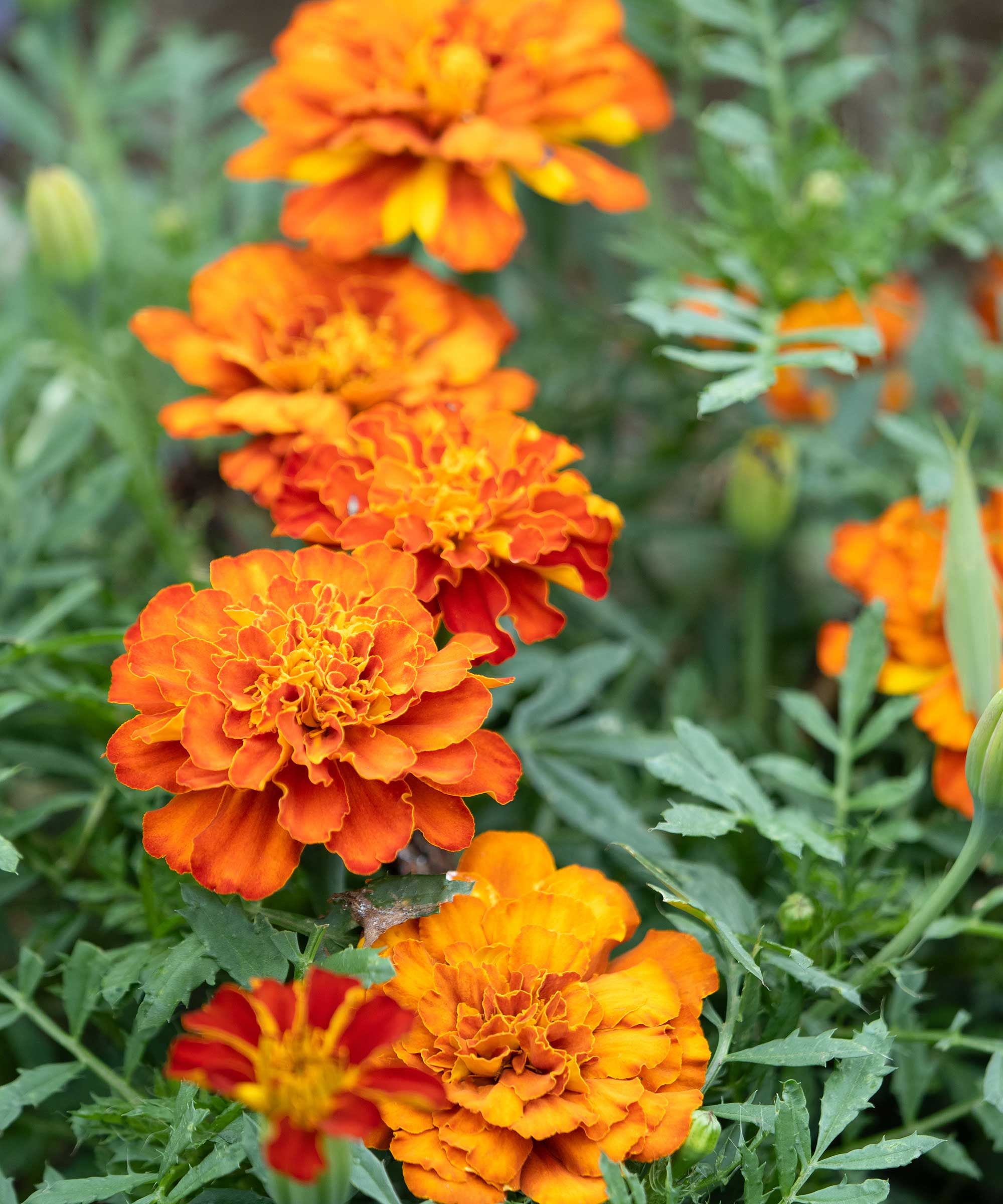
- US hardiness zone: 2-11
- Soil type: Clay, loam, sand
- Soil pH: Acid, alkaline, neutral
We already know that marigolds (Tagetes) make the list of best pest-repellent plants because they emit a strong scent. Well, their pest control ability also works beneath ground:
'They release compounds from their roots that suppress nematodes, tiny pests that damage plant roots,' says Valeria.
Not be mistaken with beneficial nematodes (available at Amazon), disadvantageous nematodes, including root-knot nematodes, attack plant roots. As Valeria notes, the roots of marigolds produce toxins that kill these nematodes. 'Healthier roots mean better soil structure over time,' she says.
The bonus about growing marigolds is they are incredibly versatile. Grow them in a balcony garden, container garden or plant marigolds in a vegetable garden.
Start with this marigold grow kit from Nature Hills.
4. Red clover
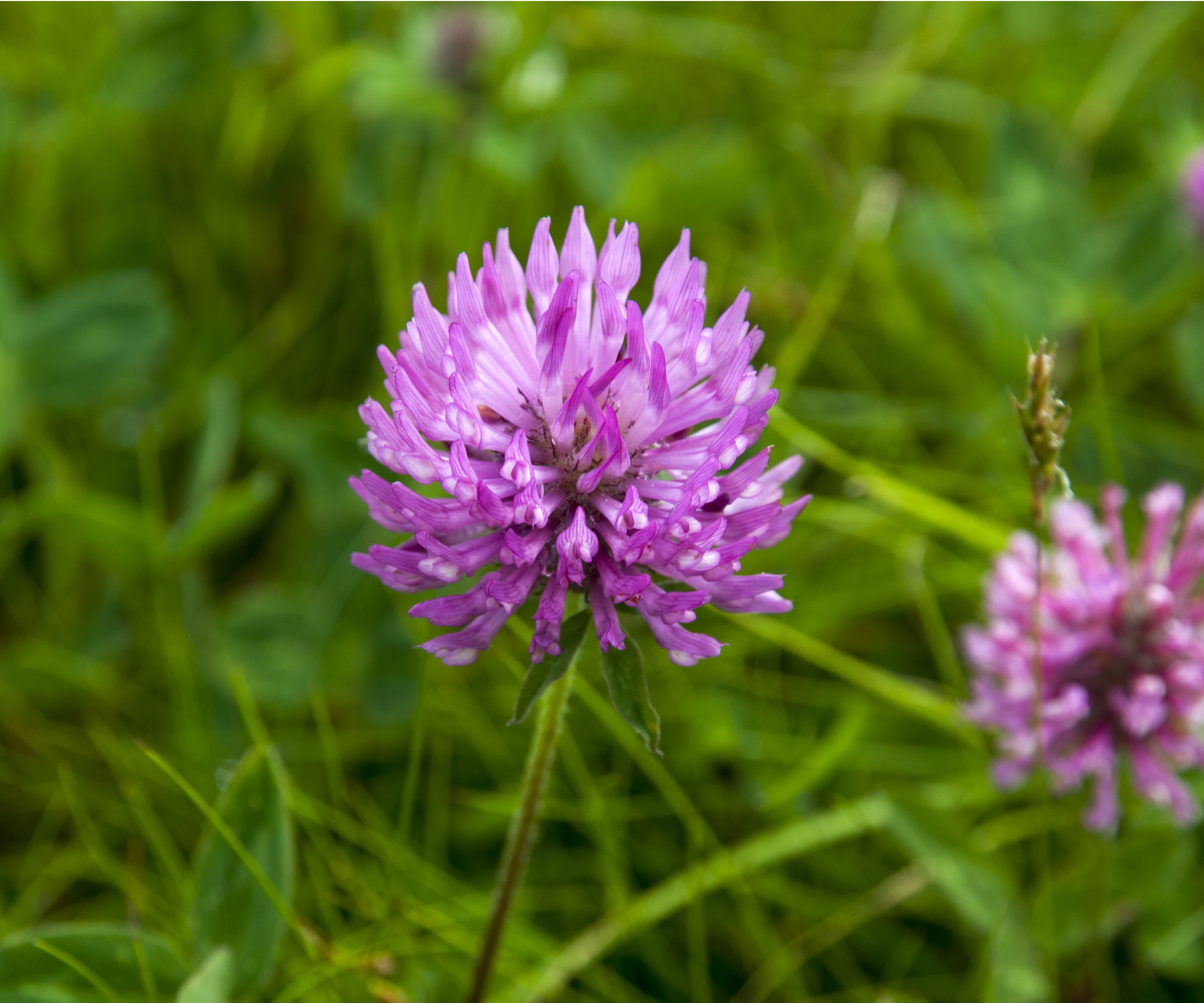
- US hardiness zone: 5-9
- Soil type: Clay, loam
- Soil pH: Acid
There are quite a lot of flowering weeds for pollinators that are good to leave for bees, butterflies and more. Red clover (Trifolium pratense) is one of them. Not only does this pink-hued clover provide a beautiful carpet across lawns, it's also rich in nitrogen.
'Red clover is a superstar at fixing nitrogen and improving soil texture. It also shades the soil, reducing erosion and water loss,' explains Valeria. 'Farmers often use red clover between crop cycles, but backyard gardeners can use it too. It's basically a living blanket for tired soil,' she adds.
This ground cover plant's ability to maintain soil structure is just one of the unexpected benefits of growing clover, which is why it's a good choice for using throughout your yard. Some types do self-seed, so you often don't have to worry about replanting it - so long as you don't mind it cropping up in unexpected places.
Find red clover seeds on Amazon.
5. Sunflowers
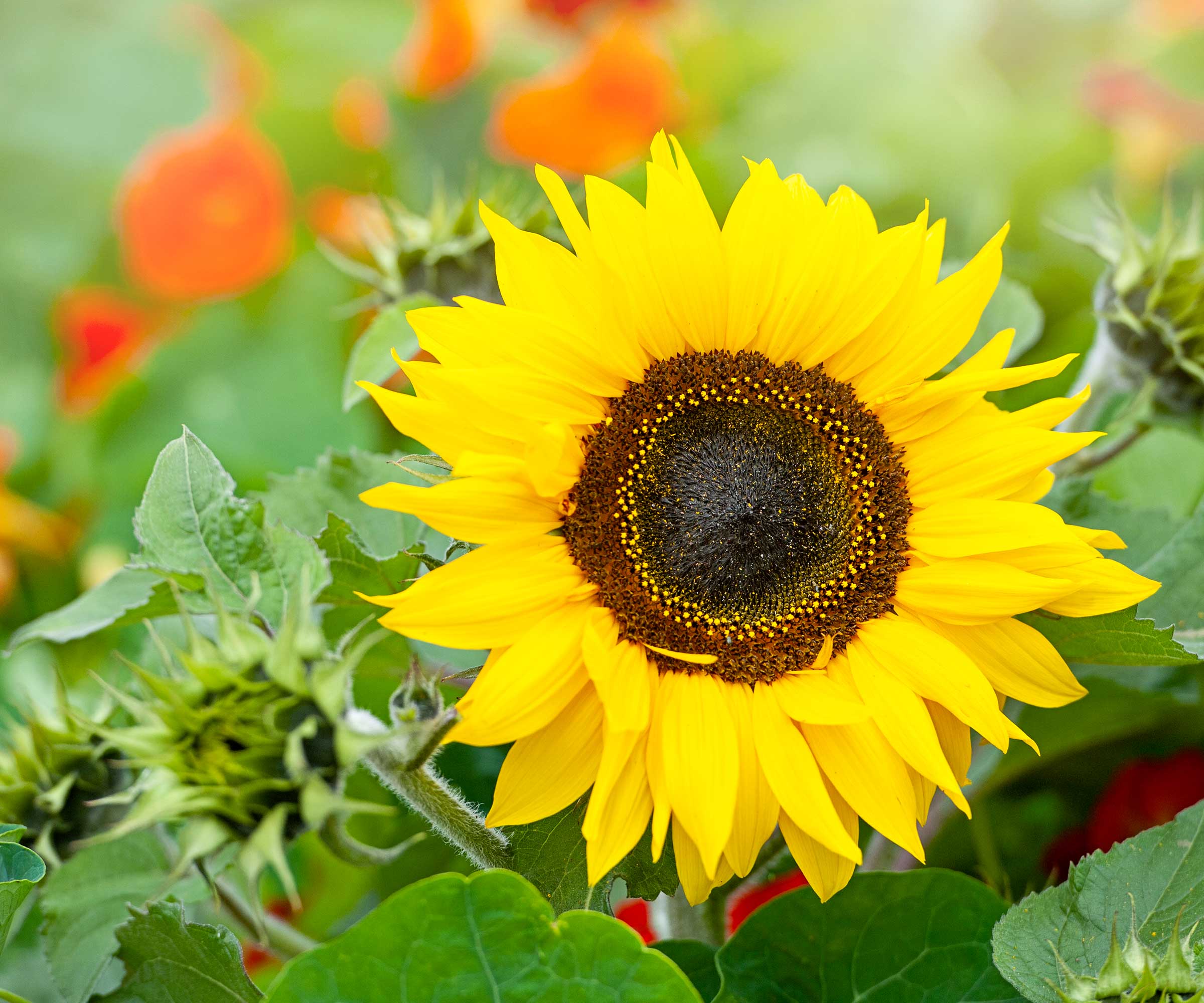
- US hardiness zone: 2-11
- Soil type: Chalk, clay, loam, sand
- Soil pH: Alkaline, neutral, acid
Growing sunflowers is a popular task on many gardeners' spring gardening checklist. These joyful flowers stand tall in summer gardens before gardeners harvest sunflower seeds in fall. If you aren't already tempted to grow them, their ability to improve soil health will persuade you:
'Sunflowers are soil scrappers. They draw up heavy metals and toxins, acting as natural soil cleaners,' says Valeria.
This process is called phytoremediation and involves plant roots drawing up metals, toxins and contaminates in soil. As Valeria notes, this leaves your soil 'cleaner.' Not only this, but helpful nutrients (like zinc) can then be released from sunflowers and transferred to neighboring plants.
'While they’re working hard underground, their blooms provide seeds for wildlife,' Valeria adds.
FAQs
Are any plants bad for soil quality?
While there is no black and white answer as to whether a plant is bad for soil quality, there are some plants that have habits that can be disadvantageous to soil and garden health. For example, invasive plants and invasive bulbs often have vigorous growth that disrupts ecosystems and changes soil structure. Similarly, plants with tap roots can be difficult to work with in the soil, but they also help break up compacted soil and create air pockets which is beneficial for soil health.
Growing these plants that improve soil quality is a good place to start when trying to boost soil nutrients and improve the structure of your soil. If you've discovered you need to amend your soil's pH, there are lots of ways to make soil more acidic.







